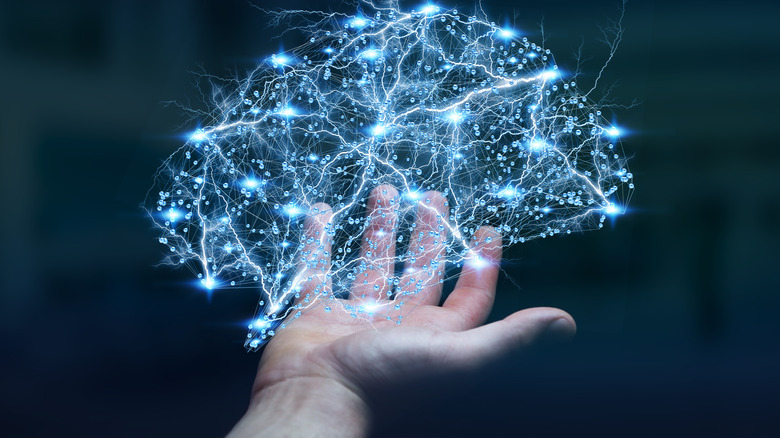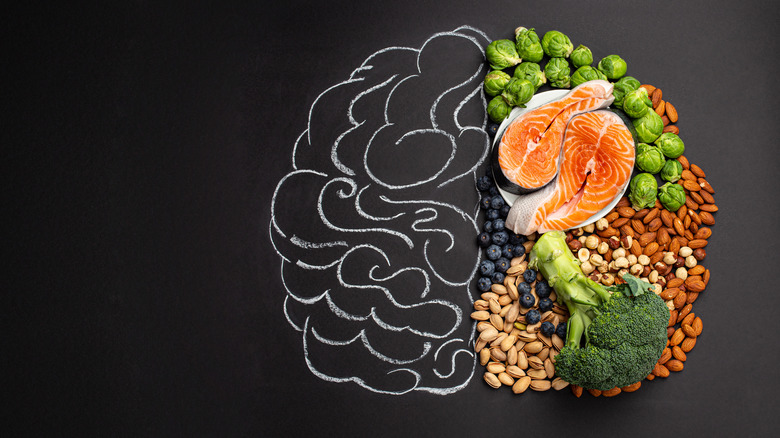How Your Brain Processes Food: The Neurological Experience Of Eating
Hunger is a basic survival instinct that drives you to seek energy and nourishment for your body. Have you ever considered how much your brain is involved in the process of eating, though? After investigation, researchers found that the brain divides the activity of eating into four stages.
Teams at Friedrich-Alexander-Universität Erlangen-Nürnberg (FAU) and University Hospital of Cologne in Germany made the discovery while studying the hypothalamus of mice and published their findings in the Journal of Neuroscience. This part of the limbic system regulates hunger and is similar between mice and humans. Using artificial intelligence and electrode implants, they analyzed electrical activity to capture specific teams of lateral hypothalamus neurons activating in succession, from the first to the last bite, to ensure that the body doesn't get too little or too much food.
Comparing them to relay runners participating in various stages of a race, the scientists found that the groups of neurons receive and assess information differently based on ghrelin and leptin hormone levels, concentrations of glucose in the body, stomach stretch sensory, and food palatability signals. The four neuron teams even communicate on the same frequency but separate from the frequencies that other lateral hypothalamus neurons use to exchange information and trigger other behaviors. The researchers speculate that, much like using walkie-talkies, using a separate frequency allows the neurons to halt the eating process in a timely fashion.
Medical implications of understanding how the brain processes eating
While the results of the research still need to be confirmed in humans, there's hope that it can aid healthy eating habits in two ways in the long run. First, there's potential to apply this study to humans so that medical professionals can detect if there's a dysfunction in the firing of the neurons, which could contribute to psychological disorders such as anorexia and binge eating, both of which directly impact food-intake habits.
Second, with a better understanding of how lateral hypothalamus neurons work, scientists could discover new treatments to address related mental health issues. They've already found that it's possible to use oscillating magnetic fields to affect the rhythm of neurons in mice. If they can apply this to the neuron teams that control the eating process in humans, the treatment could help with eating disorders. The FAU scientists plan to follow up their study by investigating how influencing the neurons in mice affects their feeding behaviors.
If you need help with an eating disorder, or know someone who does, help is available. Visit the National Eating Disorders Association website or contact NEDA's Live Helpline at 1-800-931-2237. You can also receive 24/7 Crisis Support via text (send NEDA to 741-741).

